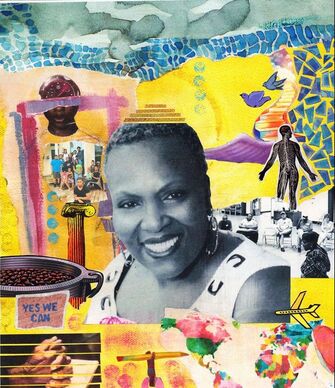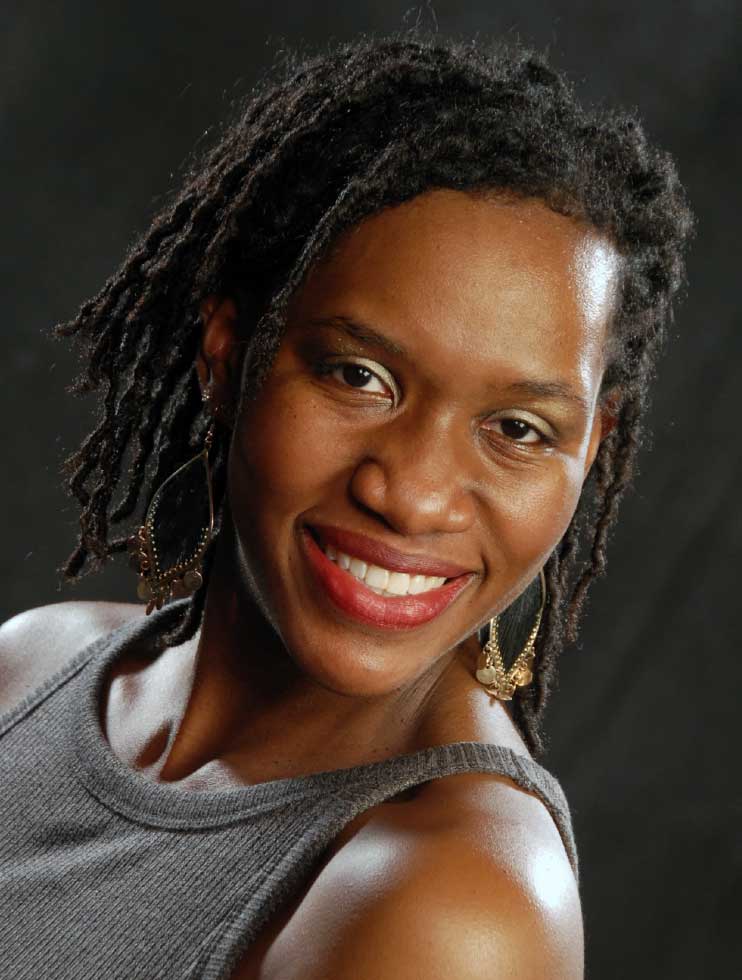Transgender fear and white supremacy Culture
Building an Antiracist Community
Transgender fear and white supremacy Culture
The transition from Carl to Catherine unfolded slowly, one small step at a time. Sitting in my office, Carl wanted to know if the congregation would accept him if he came to church wearing a woman’s blouse. I assured him the answer was yes. Little by little Carl shared with me his story of growing up knowing he felt more like a female than a male. Little by little Carl’s outfit expanded to include a woman’s dress, shoes, a wig and makeup. Carl had all those things in his house, but up until he began wearing them to church, he had never worn them in public. Little by little Carl started presenting himself as the person he felt to be on the inside.
Eventually he asked if I might accompany him to the county registrar to get his name changed from Carl to Catherine at which point the “he” was dropped in favor of “she.” Catherine reported that, as Catherine, she was the happiest she had ever been. For those at church who had gotten to know Catherine, her new found joy in life was unmistakable. There was lightness in her presence that had never been there for Carl. She had come a long way from the all too common thoughts of suicide that had been so much a part of her life.
In a recent National Institute of Health Study it was reported that 82% of transgender individuals have considered killing themselves and 40% have attempted suicide. This past December, the Guardian reported on a study done by the Trevor Project in which they found 50% of transgender and non-binary youth in the U.S. had considered suicide in the past year. The rate is particularly high in states pursuing aggressive anti-transgender legislation, but it is quite high in more progressive states as well.
One has to wonder, why does a person’s transgender identity generate so much anxiety, fear and outright hatred? Why are people so much on the margins of society seen as such a threat? In a highly influential work written by Tema Okun, she identifies a number of characteristics of white supremacy culture, which offer insight into this question. (whitesupremacyculture.info/characteristics.html).
At the top of the list is white supremacy culture’s capacity to generate fear of the other. She states, “White supremacy culture’s number one strategy is to make us afraid. When we are afraid, we lose touch with our power and become more easily manipulated by the promise of an illusory safety.” This is the strategy long employed against black bodied people and remains most intense with fear of young black males. Okun goes on to identify other characteristics of white supremacy culture, all of which work in service of maintaining the superiority of one group of people over another, which is the essence of white supremacy. To speak of a white supremacy culture is to simply acknowledge that white supremacy is more than individual prejudice, but rather maintains itself in cultural traits that do harm to us all.
Okun operates with the firm conviction that white supremacy can be undone. One good place to begin is with our acceptance and welcome of neighbors and community members who are transgender.
As Carl slowly evolved from Carl to Catherine, one of the more conservative elders at the church who had become friends with Carl, and who remained constant in that friendship as Carl evolved into Catherine, expressed his discomfort when he one day asked me “what’s up with Carl?” My response was that I didn’t fully understand what she was going through, but that I didn’t find it necessary for us to fully understand so much as to accept Catherine for who she is now. By shifting the issue from understanding to accepting, the elder in the church was able to continue staying in relationship with Catherine. For Catherine and many others, acceptance makes all the difference.
Tim Johnson is a retired pastor for United Church of Christ.




